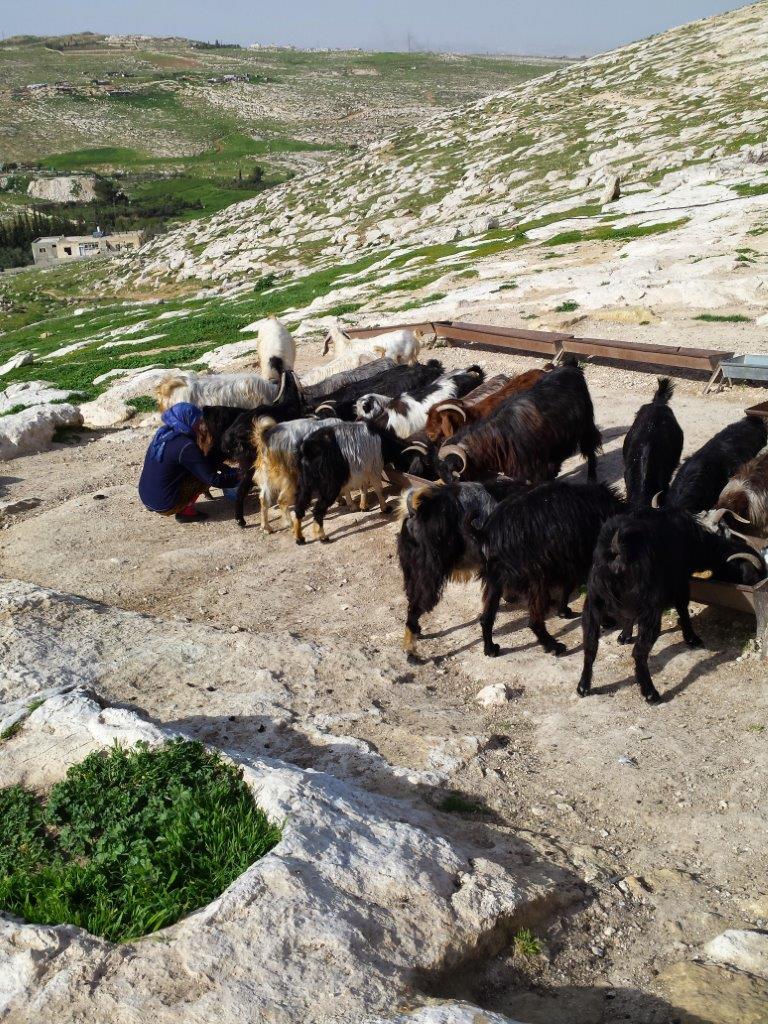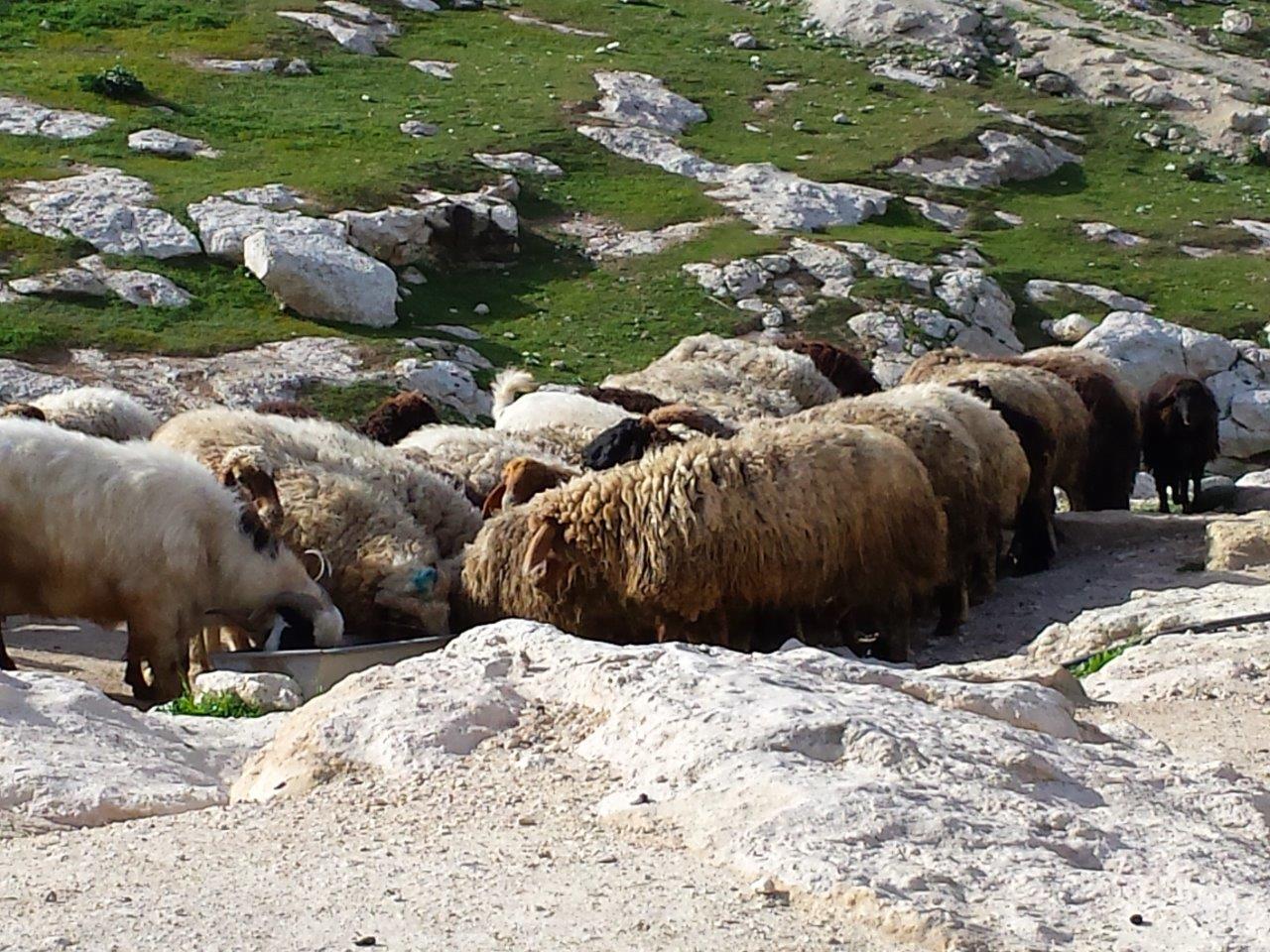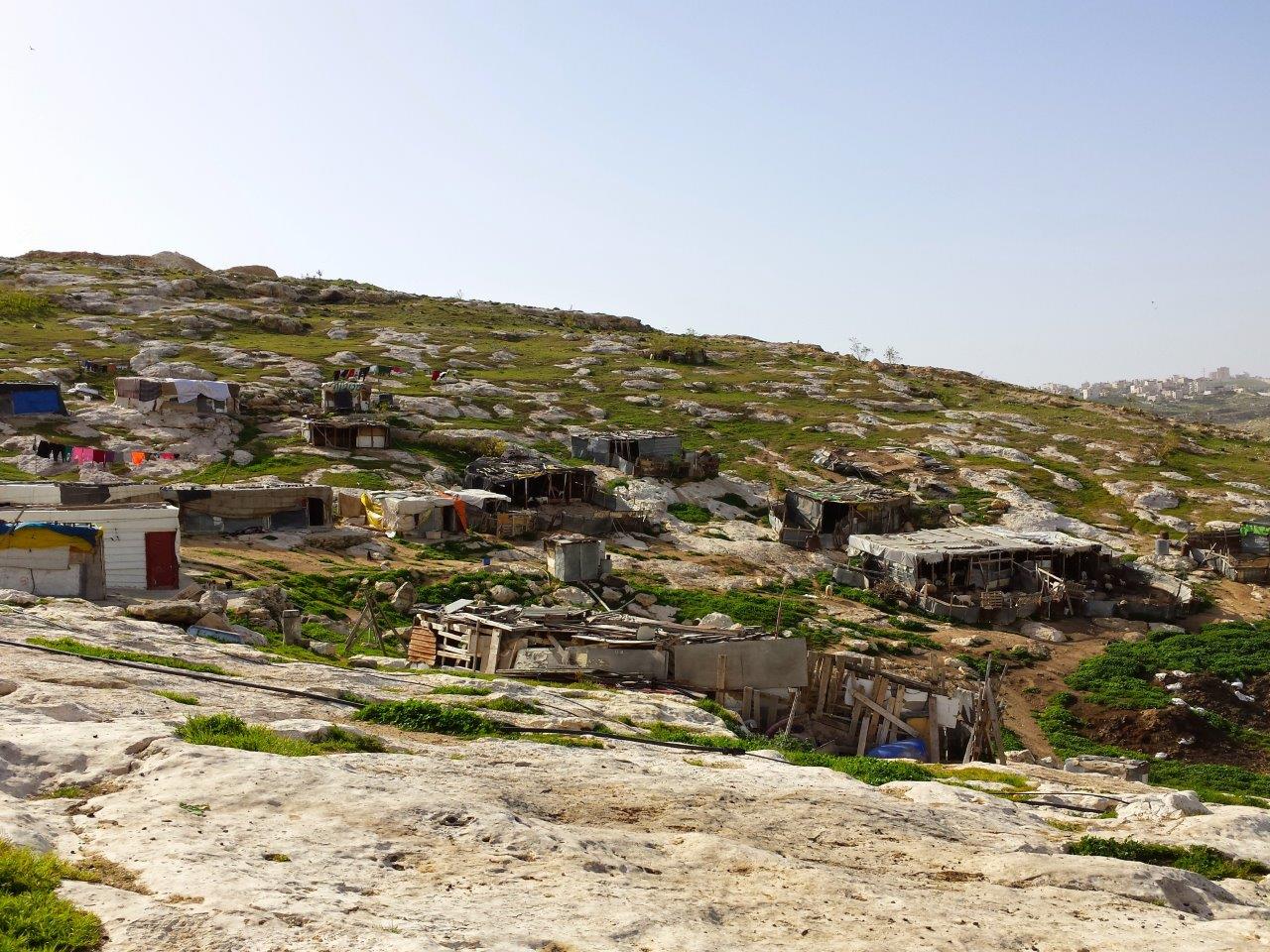
Friendship research
Friendship research, after being for long a relatively neglected field, attracts more interest only recently, and still does not provide a coherent bulk of knowledge. The study of friendship is complex, especially because it cannot be studied apart from its social context, since the environment substantially influences the relationship (Adams & Allan, 1998; Allan, 1998; Roseneil & Budgeon, 2004). Therefore, it was suggested that “different research methods in different environments are useful for exploring the complexity and multi-dimensionality of personal relationships and for understanding the interactive narrative processes through which such relationships are given meaning in situated contexts” (Davies, Heaphy, Mason & Smart, 2011, p. 14).
This friendship research may be considered a form of “participatory research”. Participatory research has been defined in various ways, but generally refers to situations in which the researcher is an active participant in the community studied, in an attempt to understand the social forces in operation, and take part in overcoming oppressive situations (Park, 1993).
The idea is that researchers, acting as facilitators and guarding against their own biases, seek to minimize any power differentials between them and the researched. The research design, therefore, is flexible, able to respond to changing contexts and emergent findings as they arise. […] This means that those who participate have their knowledge respected, have control over the research process and influence over the way the results are used (Ledwith & Springett, 2010, p. 93)
Studies based on specific friendships are gradually becoming more accepted as qualitative research (Al-Makhamreh & Lewando-Hundt, 2008; Arnold, 1995; Ellis, 2007; Jackson, 1990). Friendship research is performed through the practices of friendship, and in its natural context and pace. This kind of research therefore may take years, as is common practice in anthropological research. It involves setting aside the research in order to take part in affairs related to the friendship, and using the research for the benefit of the studied community. Moreover, friendship research follows the ethics of friendship, a stance of hope, caring, justice, and even love (Tillmann-Healy, 2001). People tend to make friends in their own socio-cultural environment, though with globalization this is changing. Still, friendships across socio-cultural groups are exceptional.









